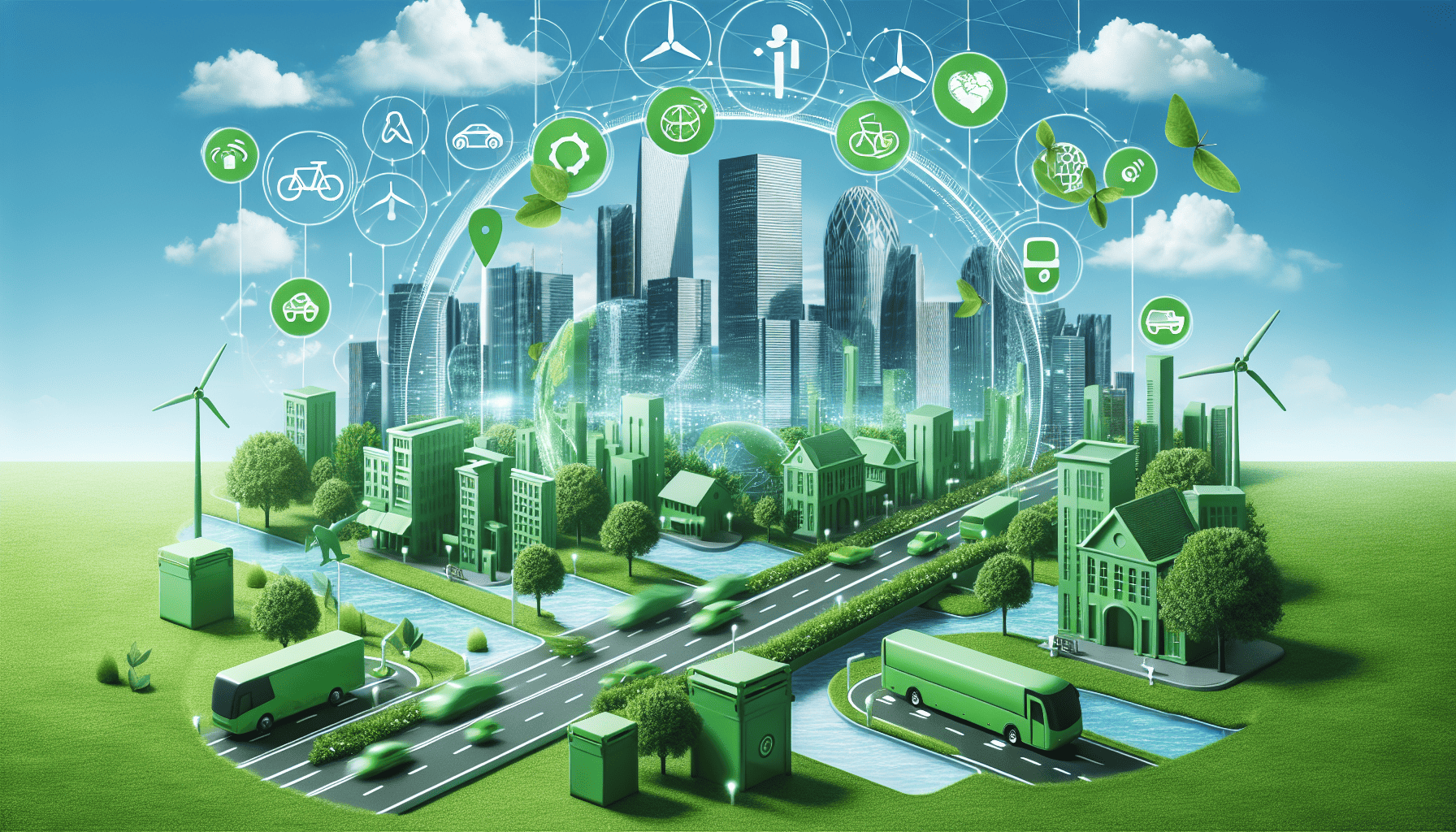In recent years, the focus on sustainable practices has intensified, particularly in the realm of public services. As communities and governments grapple with the challenges of climate change, resource depletion, and environmental degradation, the need to adopt sustainable solutions that benefit both the community and the planet has become more pressing than ever. Public services, which encompass everything from transportation to waste management, play a crucial role in this transition.
One of the primary areas of focus is the development of sustainable transportation systems. By investing in public transport infrastructure, cities and towns can significantly reduce their carbon footprints. Electric buses, light rail systems, and bike-sharing programs are excellent examples of initiatives that not only decrease greenhouse gas emissions but also empower communities by providing equitable access to transportation. Moreover, many cities are beginning to prioritize pedestrian-friendly urban planning, which promotes walking and cycling over vehicular traffic, improving air quality and reducing noise pollution.
Waste management is another critical public service undergoing a green transformation. The traditional linear model of "take, make, dispose" is unsustainable; thus, the circular economy model is becoming more prevalent. Cities are implementing robust recycling programs, composting initiatives, and promoting reduced consumption. Innovative technologies are being adopted to convert waste into energy or reusable materials, thus minimizing the environmental footprint and fostering economic opportunities in recycling industries.
Water management practices are also evolving, aiming to preserve this precious resource. The implementation of smart water systems using IoT technology allows for the real-time monitoring of water supply and distribution, significantly reducing losses through leaks and inefficiencies. Greywater recycling, rainwater harvesting, and desalination plants are becoming more standard, providing water sustainability in regions facing shortages.
Energy consumption is at the heart of discussions about sustainability. Public services are making strides to reduce their reliance on fossil fuels by harnessing renewable energy sources such as solar, wind, and hydroelectric power. Local governments are setting up community solar programs and incentivizing the installation of solar panels and energy-efficient appliances. These efforts not only curtail harmful emissions but also reduce energy costs for public services and residents alike.
Healthcare services are recognizing the importance of sustainability as well. Hospitals and clinics are adopting more eco-friendly practices, such as reducing single-use plastics, managing medical waste responsibly, and constructing energy-efficient facilities. These actions not only lessen the environmental impact of healthcare operations but also promote a healthier environment for patients and staff.
Education systems are equally vital in propelling the sustainability agenda. Schools and universities are integrating sustainability into their curricula to equip future generations with the knowledge and skills necessary to thrive in a green economy. Furthermore, educational institutions themselves are being transformed into living laboratories, where sustainable technologies and practices are showcased.
Sustainability in public services is not solely an environmental pursuit; it is also deeply intertwined with social equity. Ensuring that sustainable practices benefit all members of a community, especially those in marginalized and underserved areas, is essential. Public services must be inclusive, ensuring that access to clean water, transport, energy, and waste management is a universal right, not a privilege.
Ultimately, the journey toward sustainable public services requires collaboration among government entities, private sector partners, local communities, and international organizations. It involves rethinking policies, investing in infrastructure, and most critically, adopting a mindset that values long-term stewardship of resources over short-term gains.
As we strive for sustainability, we must remember that the goal is not just to minimize harm but to create resilient systems that support both current and future generations. Public services are the backbone of society, and their transformation is crucial in shaping a sustainable and equitable future for all.
